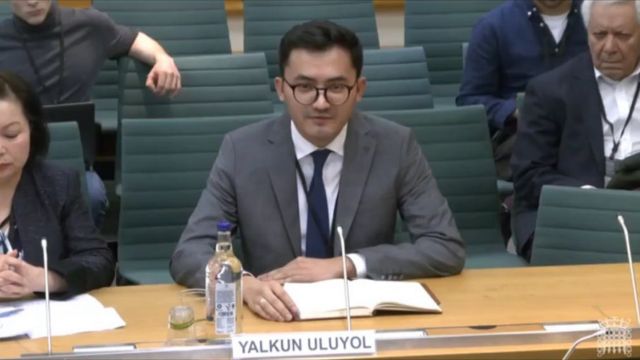
The insatiable pain of loss for a Uyghur exile, trying to come to terms with separation from those he loves.
by Ruth Ingram
Bitter Winter, 04/01/2024
His crime: “untrustworthy” for having relatives abroad.
His punishment: 16 years in jail.
But Yalkun Uluyol’s father was “lucky.” One of his uncles was sentenced to life in prison.
Giving evidence to the UK’s Foreign Affairs Committee in February, the 30-year-old Istanbul-based Uyghur exile catalogued his family’s harrowing experiences. Impassionately and in measured tones he ran down the list of thirty family members who had disappeared. In the absence of police reports or court hearings, he only discovered his father’s fate after two years of searching and he is still receiving news about other family members lost or disappeared. Some have received long prison terms; others are undergoing forced labour while still others have disappeared altogether.
The story he told needed no embellishment. Heading up the hearing, UK lawmaker Alicia Kearnes described Yalkun’s account of the atrocities taking place in the Uyghur homeland as “a heartbreaking insight into the reality faced by the Uyghur people; one of loss, forced separation, grief, and the ache of the unknown.” She concluded, “Genocide is taking place in Xinjiang.”
Speaking to “Bitter Winter” after his “day in court,” Uluyol spoke of the last time he saw his father on a flying visit home in 2016 with his sister. He learned afterwards that he had returned to Istanbul not a moment too soon, after police had “come looking for him,” a few days later. He has not heard his voice for almost eight years.
His father Memet Yaqup, a successful melon trader who employed 300 workers, plyed his birthplace Qumul’s famed sweet melons from Guangzhou, a southeastern inner Chinese city. Yaqup believed fervently in education but also wanted to embed his children in their culture and language. After primary schooling in predominantly Han Chinese Qumul, Yaqup sent them to live with grandparents in their family village to complete their high school and secondary years in the Uyghur language. There he developed a deep appreciation of his Uyghur history and identity.
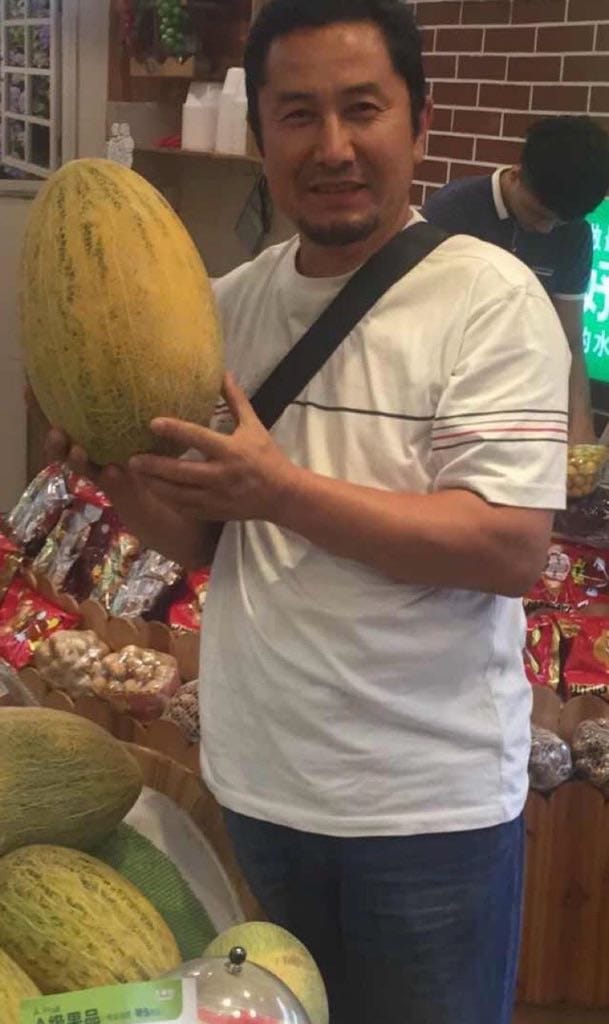
After school he was sent to learn English in Malaysia followed by tertiary education for both him and his sister in Türkiye. His mother went with them and escaped the mass roundups in their homeland.
News headlines might have moved onto other atrocities, but Uluyol and the Uyghur diaspora live with the daily torment of not knowing, the pain of being sidelined by the international community, and the burden of survivor’s guilt. Sometimes the load is too hard to bear, said Uluyol trying to convey the urgency of his people’s situation and the need for the world to call China to account.
Uluyol told “Bitter Winter” about the struggle to locate his father and other members of his family and his search for purpose as he grieves the loss of a parent and a homeland.
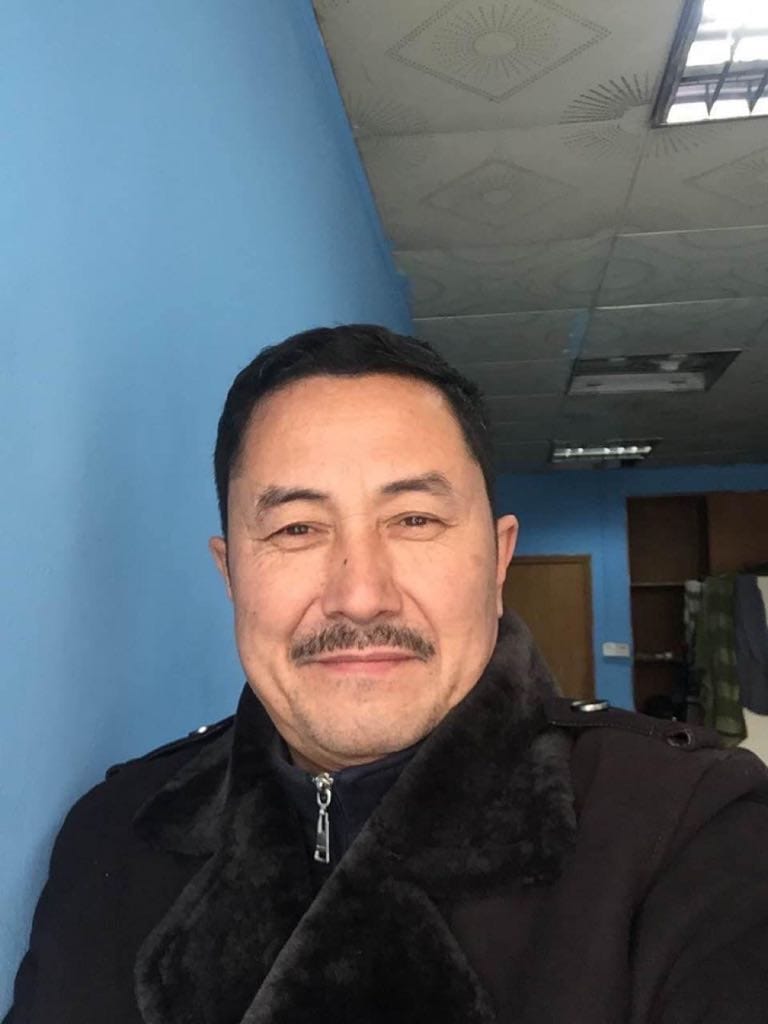
He has buried himself in research since news of the human rights abuses started trickling out of the Uyghur region. He juggles his time between a foreign policy PhD at Istanbul’s Koç University and probing transnational repression and forced labour of his people. His Uyghur Rights Monitor, launched in November 2023, publishes in-depth policy briefs on a range of issues facing his people both at home and abroad.
Only recently however has he begun to speak more personally about the impact on him of policies that have oppressed Uyghurs and Turkic peoples in China’s far northwestern region since 2016, when Chen Quanguo, fresh from quelling dissent in Tibet was appointed to “show no mercy” and “round up everyone who should be rounded up.”
“I tended to sideline the effect this has all had on me at first,” he admitted. “But then I realized that this has all made me who I am.” Tragedy and heartache has dogged Uluyol since his father was arrested. He was not only cut off from a father, a mentor, and a friend, but was cast adrift in Türkiye to care for his mother and sister and the three children of another uncle who suddenly became his responsibility. “But I was not the only young Uyghur who had to fend for themselves when communications were cut between China and the outside world,” he said. “There have been hundreds of us, some resorting to drugs and crime just to get by.”
Finding himself suddenly in the final year of his undergraduate programme with an extended family to support, he scraped by working three jobs just to put food on the table and cover university fees for everyone. “It was a horrible time. Not only had I lost my father and family back home in such traumatic circumstances, but we all became involuntary refugees.”
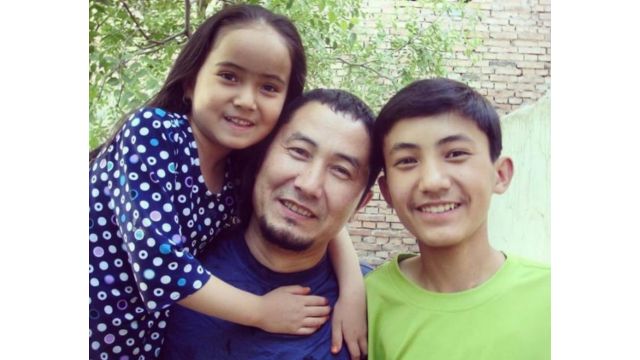
In the Summer of 2020, he eventually married his childhood sweetheart Rabia who came to study in Türkiye in 2014, but tragically their daughter, born with congenital abnormalities and needing multiple surgeries over two years, died, aged two, in November 2023. “I had become a father and so much wanted to share this with my own father,” he said. Posting photos of his wedding and the birth of his daughter on WeChat, China’s social media platform, in the hope that they might somehow reach his father, backfired. “This just caused problems for everyone at home,” he said. “I don’t even know if my father knew I had become a father. I don’t know if he knew my daughter had died.”
Seven days after she passed away, Uluyol was due to speak on Uyghur forced labour at the EU Parliament. “I could have stayed with my wife, and we could have mourned together,” he said. “But at that moment I realized that I wanted to go and give evidence. This was my mission in life and the responsibility of my existence.”
“I decided to go and tell my own story,” he said. “I wanted to say, ‘I’m here’ despite my grief.”
Rabia, enrolled as a Master student in religious sociology, heads up the Ötkur Association whose remit is to support children attending Uyghur schools and courses around Türkiye. They are both committed to easing the trauma and psychological needs faced by young de-facto orphans in the diaspora.
He calls his compatriots in the homeland, “the unforgettable forgotten.” “They are unforgettable,” he said, “but much of the world has moved on. We must not let them be forgotten.” “It is a heavy burden to carry,” he told “Bitter Winter.”
Unlike physical pain that is felt intensely at first and gradually eases off, “the pain and suffering of the Uyghurs hits you hard at first too, but it never dies down,” he said. “It is a hole in my heart. It is a nightmare in my dreams.”
He has learned to cope by turning the pain into motivation. “I have to live my daily life. I have to improve intellectually. I am trying to move forward step by step, becoming a better son, husband, brother, and Uyghur,” he said. “I have to try to continue to convince people of what is happening,” he said.
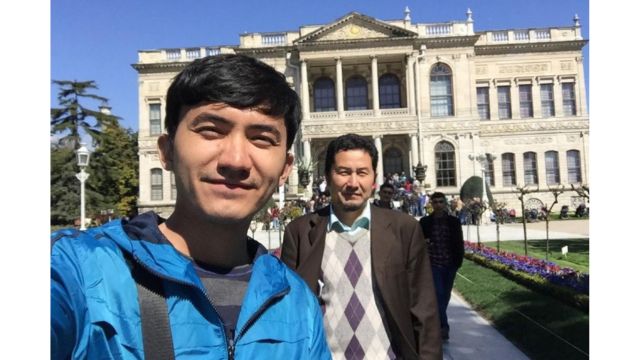
Hounded by nightmares where over and over again he finds himself in the unsuccessful pursuit of his father, the agony of loss and separation never leaves him. The guilt of being free when those at home didn’t make it out weighs heavy on him. He tries hard to be happy, to live with passion and work hard to fulfill his dreams. “I know this is what my father would have wanted for me,” he said. “I try to remind myself constantly that it’s not my fault…it’s not my father’s fault. There’s an authoritarian regime that is making all the mistakes and we are the ones who are suffering.”
He misses the memories that will never be, the times he could have spent with grandparents who have now died, and the conversations he will never have with his father. “It’s not just not being able to talk to them; it’s also about the impossibility of talking to them anymore,” he said.
“The pain never disappears,” he said. “In fact, it becomes stronger and more painful as time goes by.” “It’s important for us and me to hold the people responsible for all this accountable and ensure they pay for their crimes,” he said.
